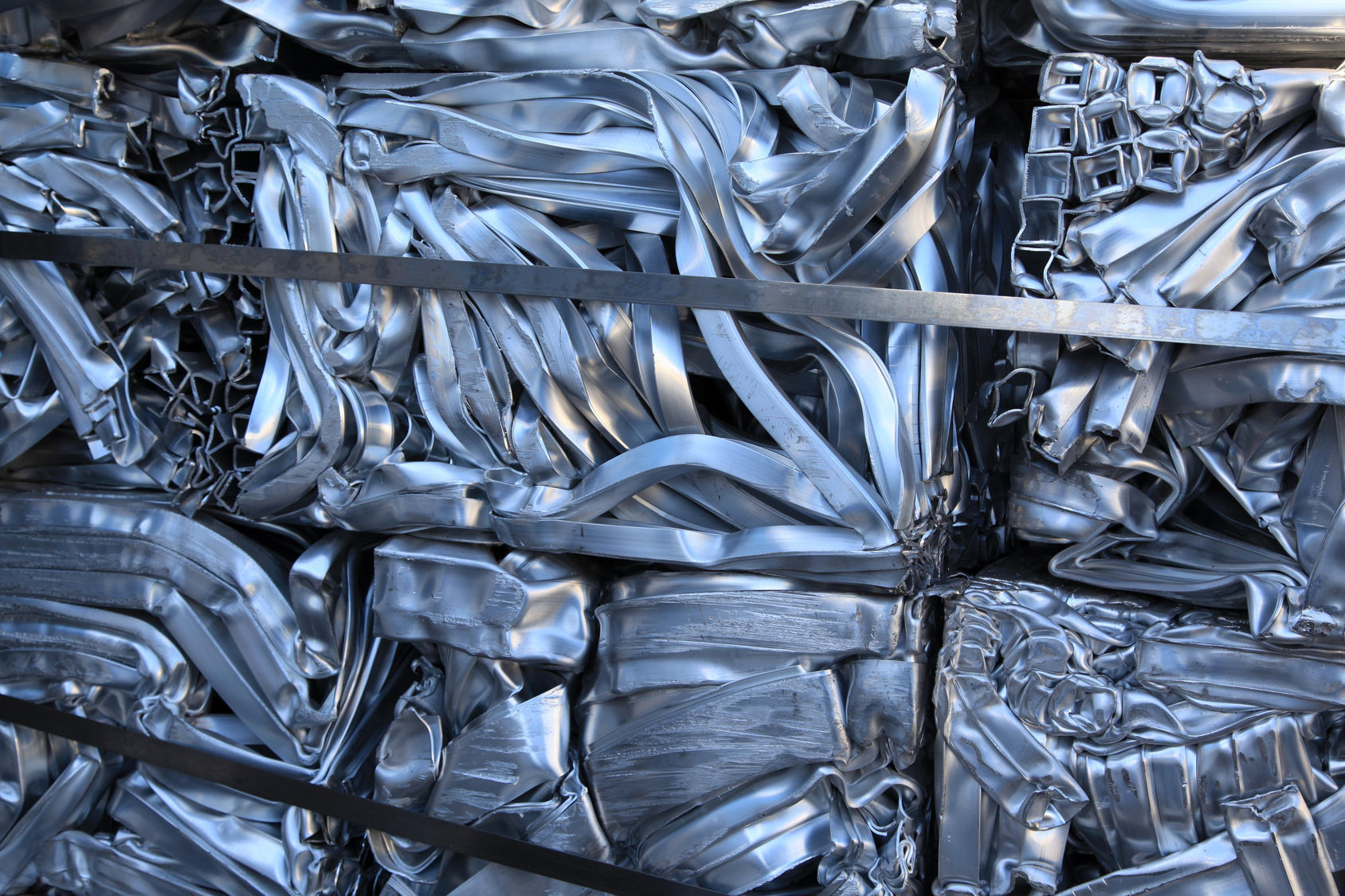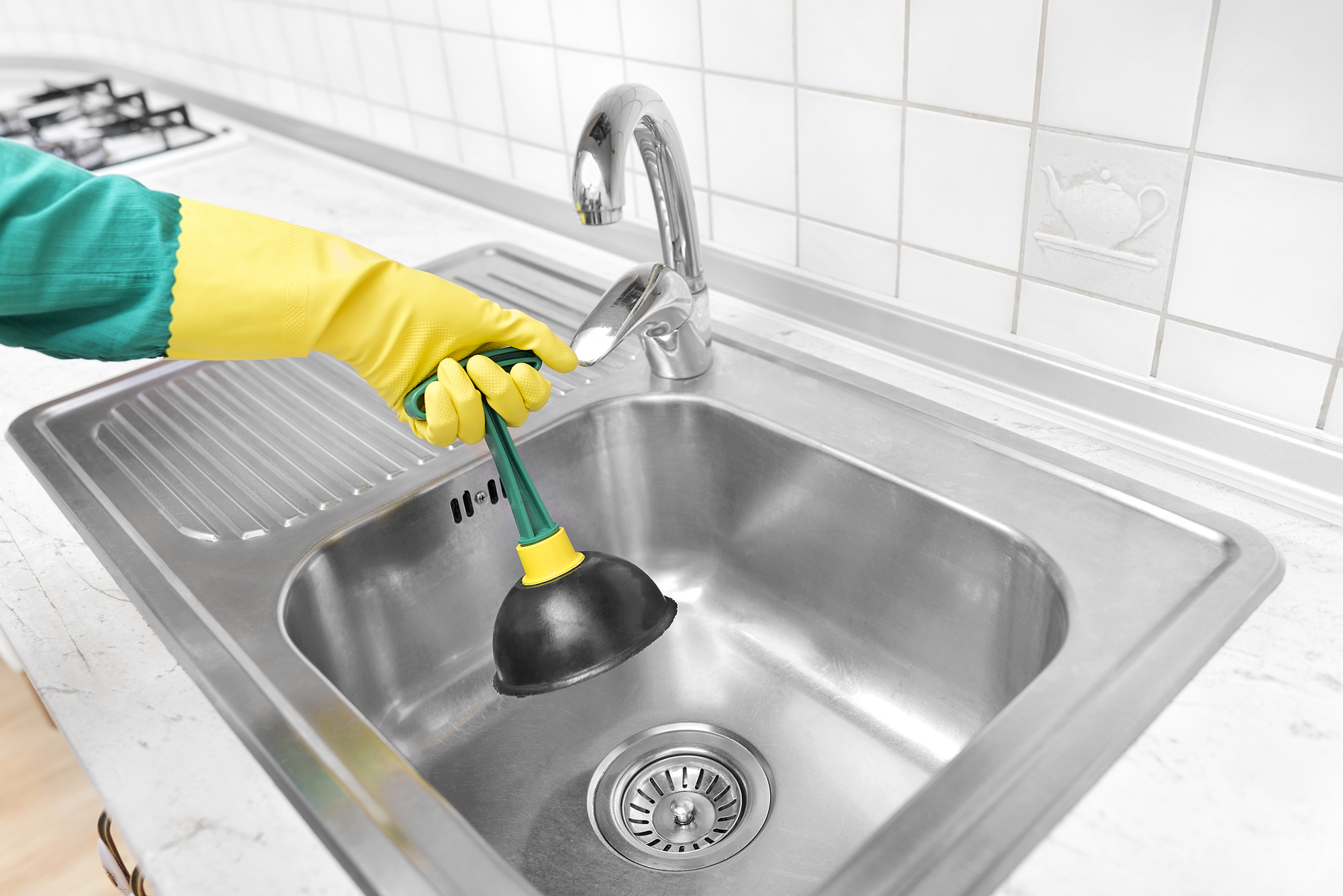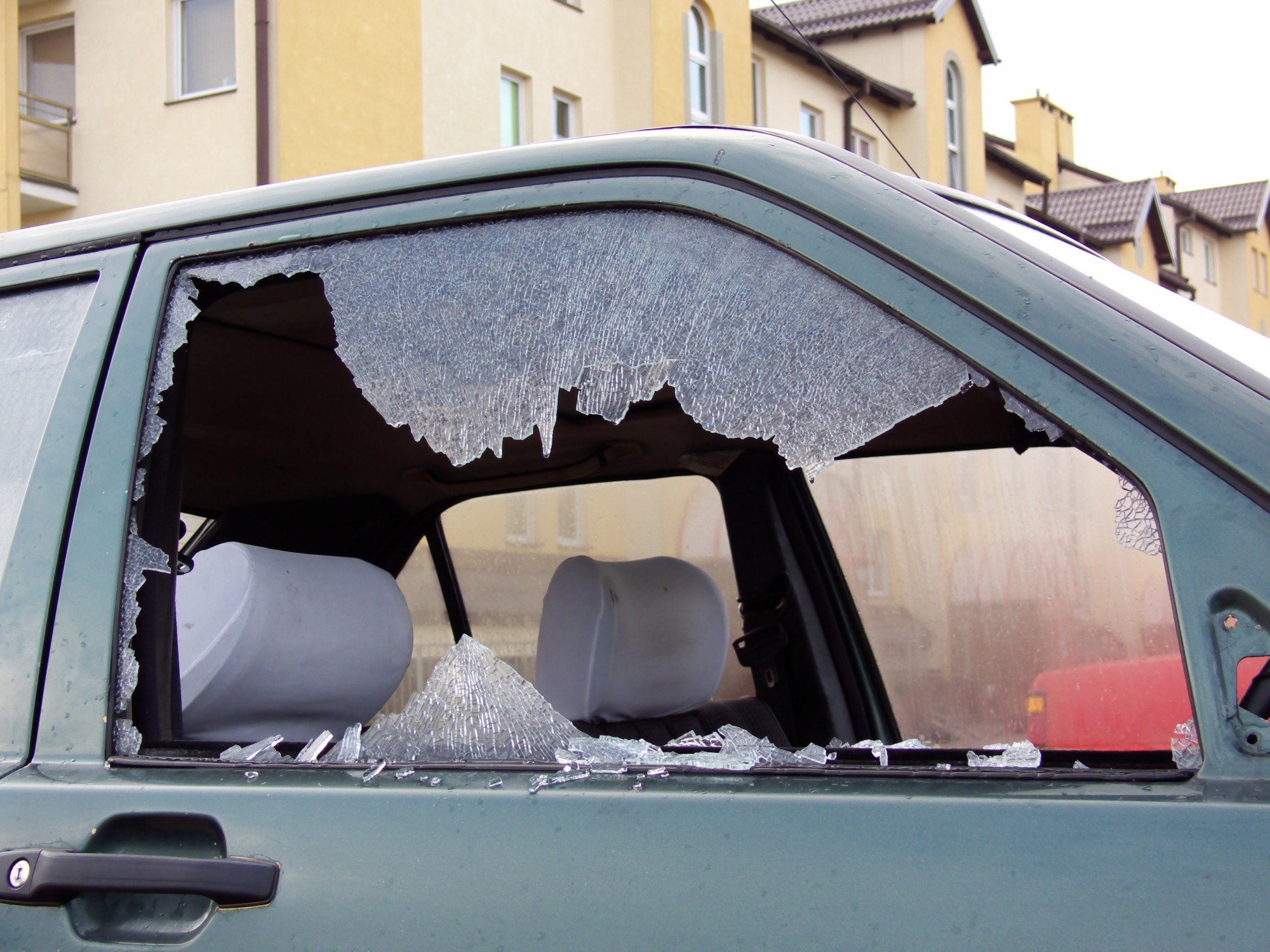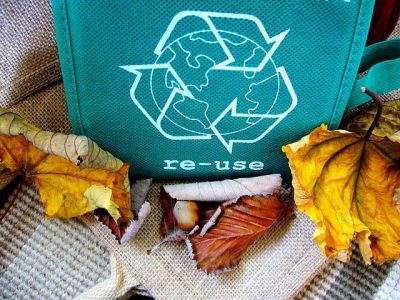As well as reducing our use of water, energy and other resources, going green focuses on recycling the materials we already have.
Not only does recycling enable a variety of materials to be re-used and re-purposed, it has a huge positive impact on the environment as well as other added benefits.
This is especially true of scrap metal recycling, a multi-billion dollar industry which also helps the environment in several ways.
Here we explain more about the environmental, social and economic benefits of recycling scrap metal.
1. Saves Energy
Extracting metals from ore is very energy-intensive. By comparison, recycling scrap metal can drastically reduce energy consumption.
For example, recycling scrap steel uses 75 percent less energy to process than iron ore. And recycling aluminum uses as much as 95 percent less energy.
To have an idea of how much energy that actually equates to, recycling just one aluminum soda can saves enough energy to power a 60 watt light bulb for four hours.
This shows how recycling metal can make a big difference even on a small scale, and why you should always remember to recycle at home and in the office.
2. Conserves Resources
There is a limited amount of ore on the planet, and recycling scrap metal is crucial to preserving this. Recycling a ton of steel conserves 2,500 lbs of iron ore, as well as 1,400 lbs of coal and 120 lbs of limestone.
Conserving these resources is also important in the face of the world’s constantly increasing need for metal. Scrap metal recycling provides enough steel to supply 55 percent of the world’s steel needs and 40 percent of the world’s copper needs.
Scrap metal also consumes as much as 40 percent less water than mining and processing ore.
3. Prevents Waste
The majority of metal we use today has already been recycled at least once. That’s a great deal of metal which would have otherwise been headed for the incinerator or landfill sites.
In fact, the scrap metal recycling industry diverts 145 million tons of metal from landfills each year.
In addition, using scrap metal instead of virgin ore creates 97 percent less mining waste.
4. Reduces Pollution
According to a report by The Institute of Scrap Recycling Industries, recycling metal instead of mining for it and smelting it may cut greenhouse gas emissions by as much as 500 million tons.
And, recycling scrap metal instead of burying or burning it reduces the noxious emissions released from incinerators and landfill sites.
Recycling scrap metal also reduces acid mine drainage, a form of water pollution. It’s caused when flowing water is exposed to sulfates in areas mined for metals such as silver, gold, copper, zinc and lead. This results in acidic water in rivers and streams, and damages the aquatic ecosystem.
5. Scrap Metal Recycling Boosts the Economy
As well as the many environmental benefits, scrap metal recycling also boasts impressive social and economic benefits.
The US scrap industry employs around half a million workers, and thanks to the demand for scrap metal, the industry generates over $100 billion a year.
Demolition asset recovery provides much of the available scrap metal in the US. If you have access to scrap metal through your business, learn more about how you can benefit from recycling it and help the environment too.
The Social, Environmental and Economic Benefits of Recycling
Scrap metal recycling is a perfect example of how a multi-billion dollar industry can also have huge benefits for the environment.
Many companies ignore ways to save energy and concentrate on making money. But, when businesses consider the impact they have on the wider world, everyone benefits.
Check out our other articles for tips on leading a greener, healthier life.










